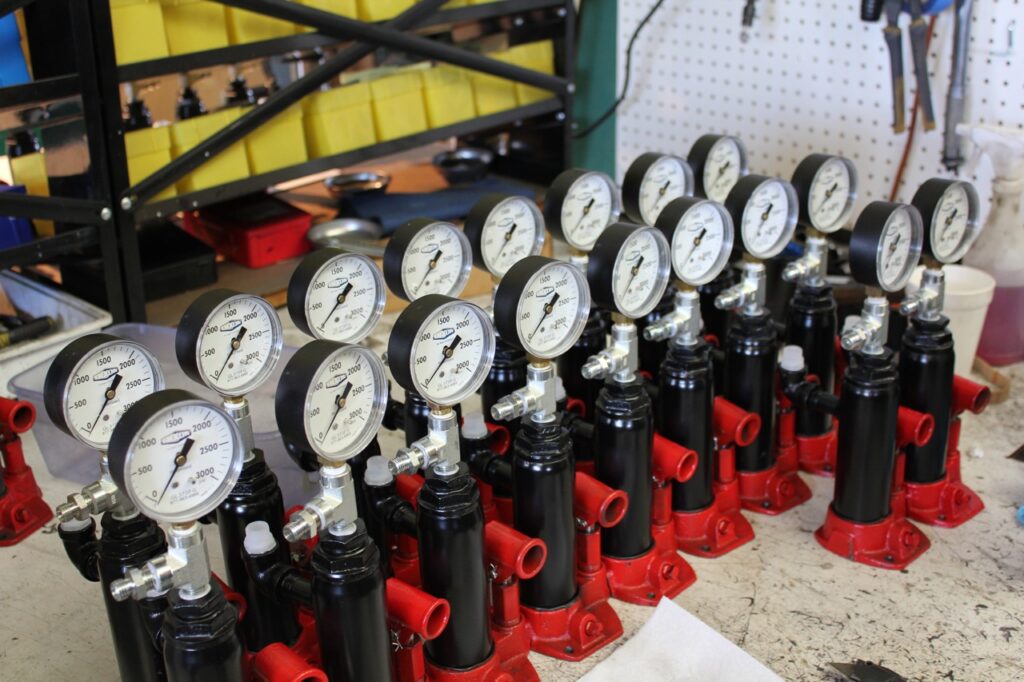Diesel engines have long been the workhorses of the automotive and industrial worlds. One critical component that ensures their efficiency and power is the diesel injector. In this comprehensive guide, we will delve into the world of diesel injectors, exploring their functionality, maintenance, and how to optimize their performance for your vehicle or machinery.
What is a Diesel Injector?
A diesel injector is a precision-engineered component responsible for delivering the right amount of fuel into the combustion chamber of a diesel engine at precisely the right moment. It accomplishes this through a series of intricate mechanical and electrical processes. Diesel injectors are crucial in ensuring efficient fuel combustion, reduced emissions, and optimal engine performance.
How Diesel Injectors Work
To understand how diesel injectors work, it’s essential to grasp the basics of their operation:
Fuel Delivery: Diesel fuel is supplied to the injector under high pressure, typically from a fuel injection pump.
Injection Timing: The injector’s nozzle contains a small opening, and it is electronically controlled to open and close at precise intervals, allowing fuel to be injected into the combustion chamber.
Spray Pattern: The injector nozzle’s design influences the spray pattern, which affects combustion efficiency and emissions.
Atomization: Fuel is atomized into fine droplets, promoting even mixing with air and efficient combustion.
Signs of Diesel Injector Problems
Diesel injectors are subjected to harsh operating conditions, and over time, they can develop issues that impact engine performance. Common signs of diesel injector problems include:
Reduced Power: A decrease in engine power or acceleration.
Rough Idling: Unstable idling, vibration, or misfiring.
Black Smoke: Excessive black smoke emissions from the exhaust.
Poor Fuel Efficiency: Reduced miles per gallon (MPG) or increased fuel consumption.
Diesel Injector Maintenance
Regular maintenance is essential to ensure your diesel injectors function optimally. Here are some maintenance tips:
Fuel Quality: Use high-quality diesel fuel to prevent contamination.
Fuel Filters: Replace fuel filters at recommended intervals to prevent clogs.
Cleaning: Periodically clean the injector nozzles to remove carbon deposits.
Professional Inspection: Consider professional injector cleaning and testing services.
Optimizing Diesel Injector Performance
To maximize your diesel injector’s performance, consider the following:
Upgrading Injectors: Performance injectors can improve power and efficiency.
Tuning: Adjust the injector’s timing and fuel delivery to match your engine’s needs.
Proper Storage: If not in use, store injectors in a clean, dry place.
Regular Checks: Monitor injector performance and address issues promptly.
Replacing Diesel Injectors
If your injectors are beyond repair, replacing them is crucial. Here’s how to go about it:
Identify the Correct Injector: Ensure you select the right injector for your engine make and model.
Professional Installation: Unless you’re highly skilled, have injectors professionally installed.
Calibration: After installation, calibrate the injectors to ensure proper fuel delivery.
Diesel injectors play a vital role in the performance and efficiency of diesel engines. Regular maintenance, proper care, and, if needed, upgrades or replacements are essential to keep your diesel engine running smoothly. By understanding how these crucial components work and how to care for them, you can enjoy the full benefits of your diesel-powered vehicle or machinery.


